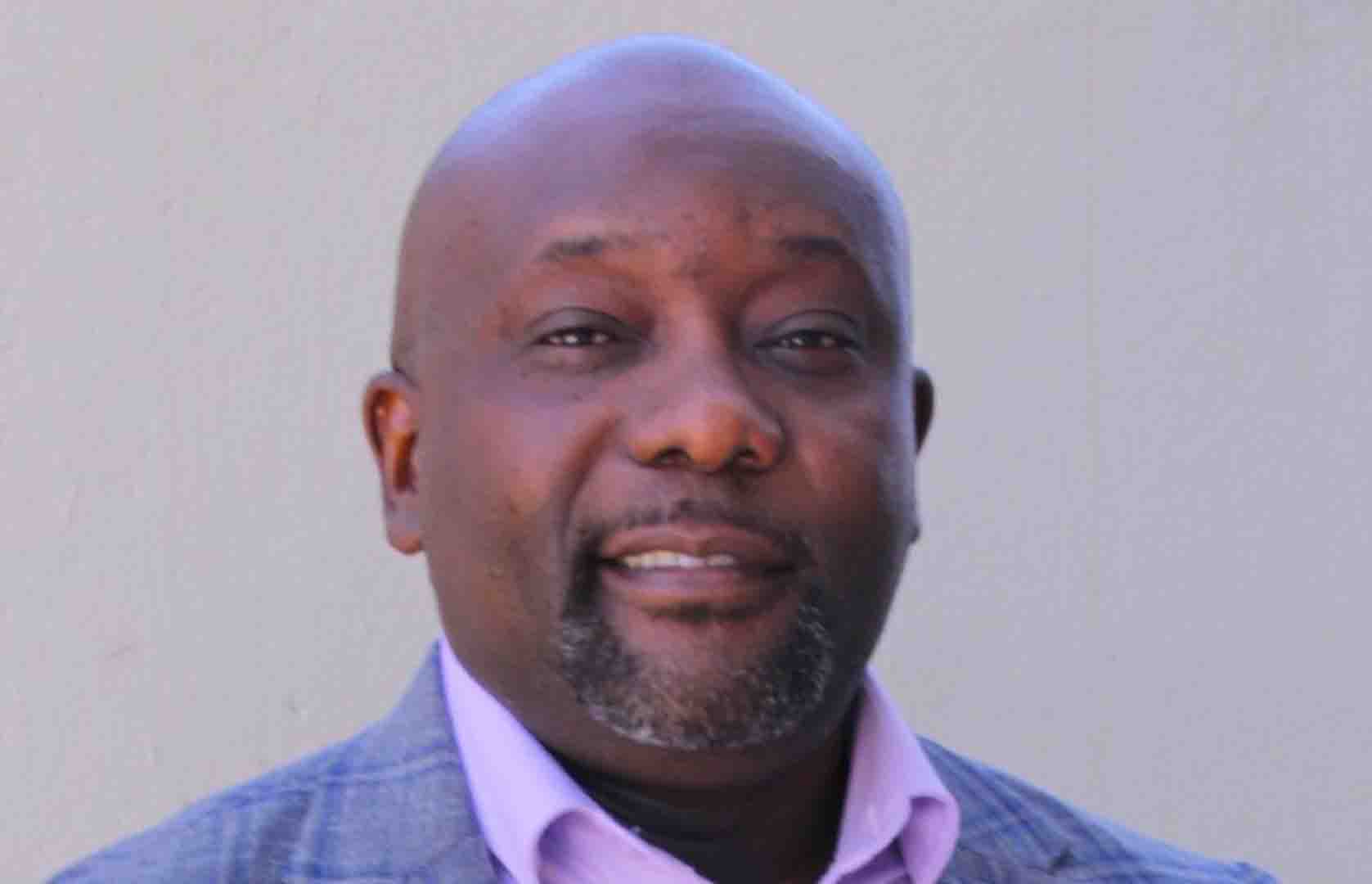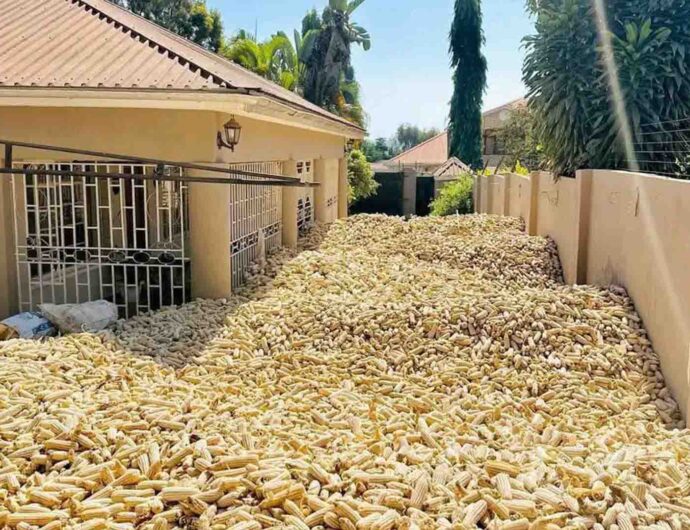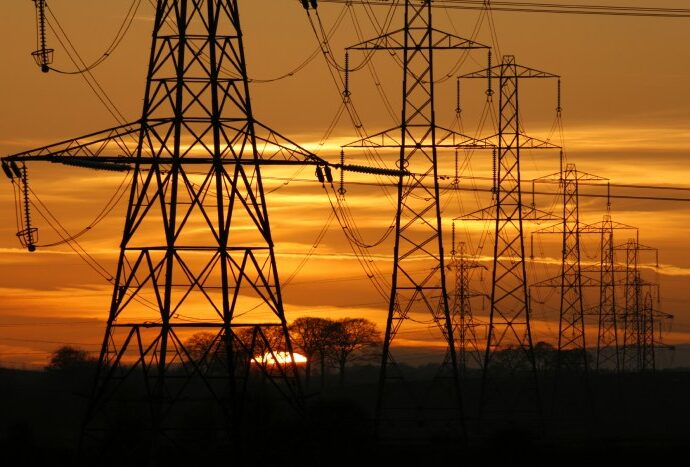The Civil Society for Poverty Reduction (CSPR) says the increase in loadshedding hours is anticipated to increase poverty levels and affect negatively the viability of the informal economy across the nation.
ZESCO on Monday announced that residential areas will only receive power for 3hrs per day, due to a significant power shortfall.
CSPR Acting Executive Director, Brian Moyowanyambe, says the reduction in operating hours will lead to decreased productivity, lower revenue and in some cases, the closure of businesses unable to sustain operations under these conditions.
He said CSPR is concerned that the current energy crisis may worsen the poverty situation for Zambia, which already shows that unemployed and inactive people increased by almost 50 percent from 2015 to 2022.
Mr. Moyowanyambe said the reduced hours of electricity per day will also increase operational costs as businesses are forced to turn to more expensive alternative power solutions.
“With the increased loadshedding hours, the local economy will face substantial challenges such as reduced supply to operate machinery, refrigeration, lighting, and computers,” said Mr. Moyowanyambe in a statement issued to RCV News in Lusaka today.
He said the uncertainty surrounding the power supply is likely to discourage further investment therefore limiting growth in the local economy, leading to a decline in economic opportunities and job creation.
“This could result in higher unemployment rates and worsen poverty levels in affected communities,” said Mr. Moyowanyambe.
And Mr. Moyowanyambe said the increased reliance on alternative energy sources like generators, charcoal and fuel has resulted in the reduced disposable income, further straining already limited household budgets and potentially pushing more families into poverty.
“The cost of climate friendly solutions such as solar panels is largely unaffordable to the average Zambian. This dependence on generators charcoal and fuel is likely to worsen the climate crisis,” said Mr. Moyowanyambe.
He has therefore urged government to invest in other alternative sources of power to reduce dependency on hydropower and create a more sustainable energy infrastructure.
Mr. Moyowanyambe also urged government to consider providing subsidies and incentives for alternative energy sources in trading spaces such as markets for people to continue conducting businesses.
By Eva Hatontola




